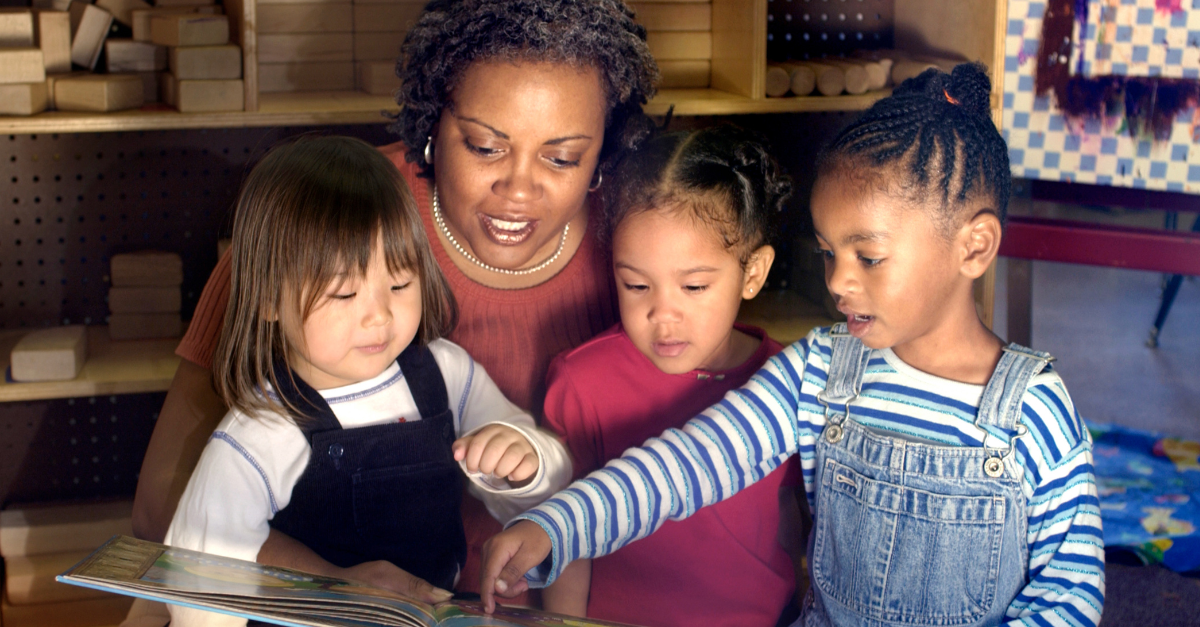
A calm and familiar environment shapes how a child feels and learns each day. Early years need warmth, patience, and steady support to help children grow with confidence. Comfort comes from consistent care, gentle attention, and daily connection. Home-based care provides a space where children feel known, valued, and emotionally secure. The right approach creates strong habits of trust that shape early development.
Strong Foundations through Personal Attention
At home child care, every child responds best that fits their personal needs. A smaller setting allows closer interaction, creating bonds that encourage openness and curiosity. In this environment, caregivers can observe behaviours, adjust routines, and guide each child with patience. The structure encourages both emotional and social growth through attentive care and predictable routines.
Children in home care receive personalised attention that helps them feel safe and supported. The sense of familiarity builds trust, as children learn to rely on gentle communication and predictable patterns. Daily comfort encourages expression and active participation. The home setting helps children develop emotional balance and confidence in their surroundings.
Comfort through Familiar Routines
Children thrive in settings where consistency creates calm. A steady routine builds comfort and makes transitions smoother. Familiar sounds, spaces, and caregivers reduce anxiety and help children focus on learning through play. Predictable meal times, nap hours, and play schedules provide stability for young minds.
The connection between consistency and trust remains strong. Each repeated activity reinforces security, allowing children to anticipate what happens next. The balance between structure and gentle flexibility supports healthy emotional growth. These habits shape dependable bonds that last through early learning stages.
Healthy Growth through Play and Exploration
Play forms a vital part of a child’s emotional and cognitive functioning. Home-based care supports creative exploration through safe and familiar surroundings. Activities encourage problem-solving, imagination, and social interaction with other children. Every experience strengthens confidence and curiosity.
Structured play helps children practise social skills like sharing and cooperation. They learn how to express emotions, make choices, and respond to guidance. The caregiver’s role includes guiding activities that suit developmental needs and keeping engagement natural. Through active involvement, children grow into confident learners.
Qualities that Strengthen Caregiver Bonds
A caregiver’s character shapes how secure a child feels. Essential qualities include empathy, patience, reliability, and clear communication. These traits make children feel respected and understood. A calm and encouraging attitude fosters positive behaviour and mutual respect.
Key traits that define trusted caregivers include:
- Kindness that nurtures emotional safety
- Consistency that ensures stable support
- Communication that encourages openness
- Awareness that helps meet daily needs
- Warmth that creates a caring atmosphere
Emotional Security and Lasting Trust
A strong emotional connection forms when children feel valued and heard. Trust grows through small acts of care, gentle reassurance, and dependable routines. Each moment of comfort builds confidence and independence. This connection shapes how children view relationships beyond early years.
At home child care environments provide a steady emotional presence. The child learns that help, comfort, and guidance are always near. This sense of security supports long-term emotional health and self-assurance. Early trust lays the groundwork for future confidence in social and learning settings.
Home-based care nurtures trust, stability, and emotional balance for young children. A consistent routine, warm environment, and genuine connection create a space where comfort grows naturally. Families who choose this form of care give children a strong emotional foundation that lasts well beyond early childhood. Genuine care shapes both character and confidence, building secure and happy beginnings.







